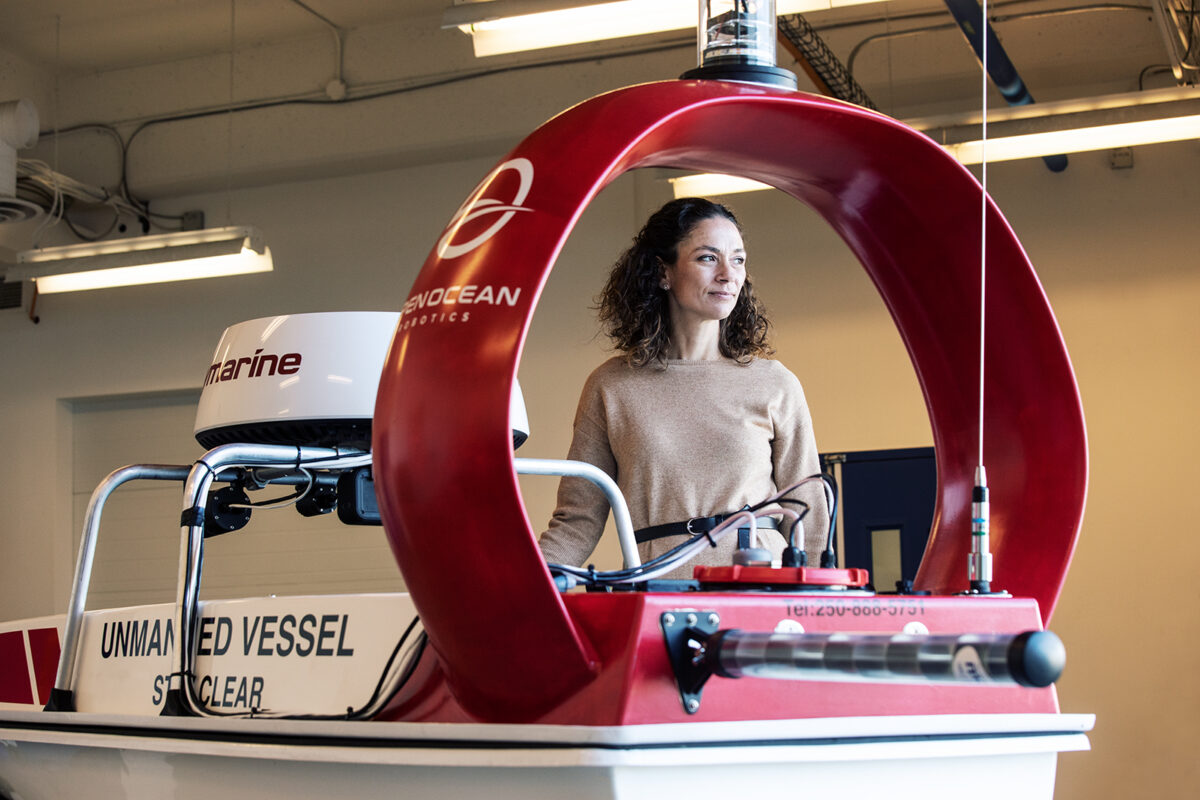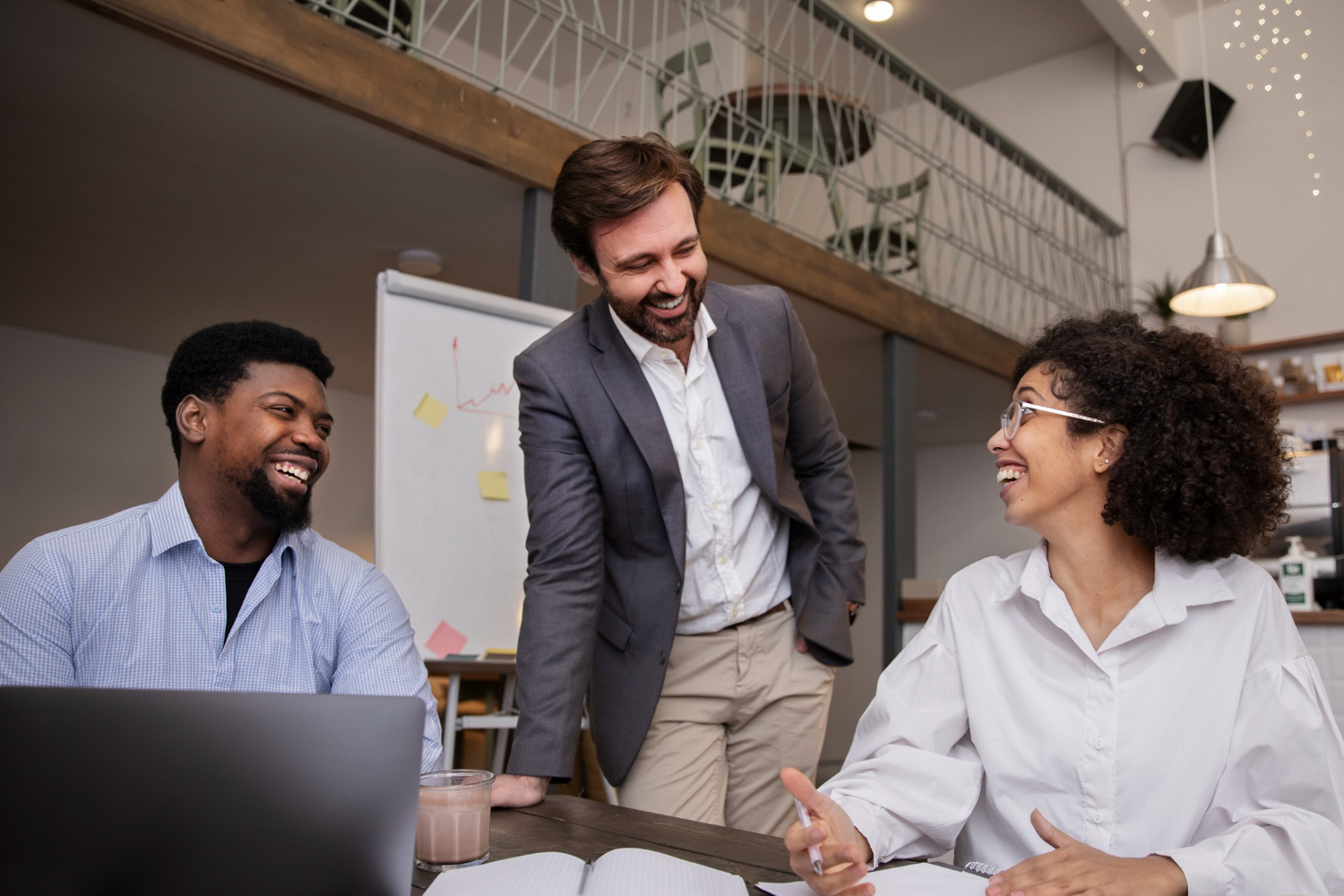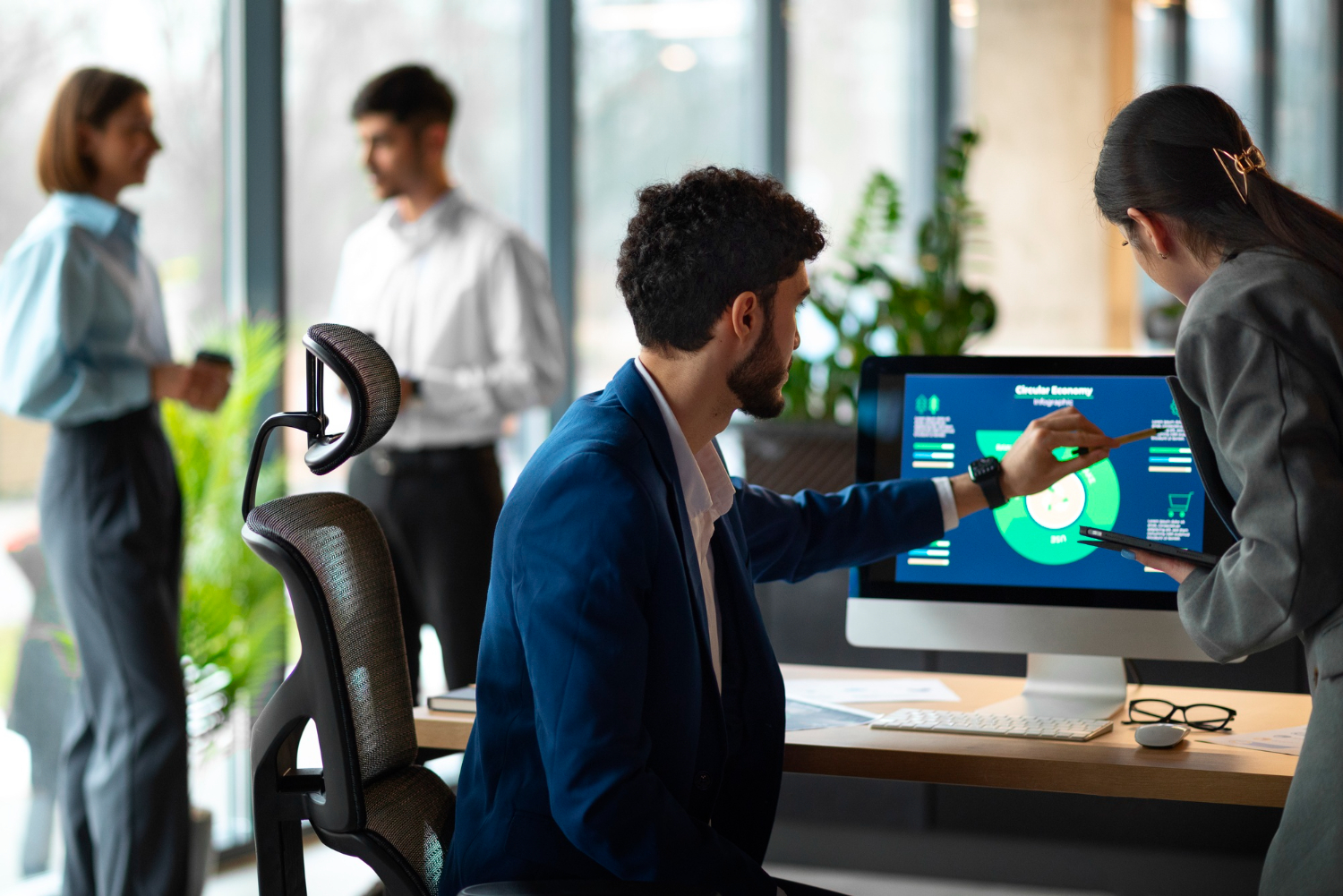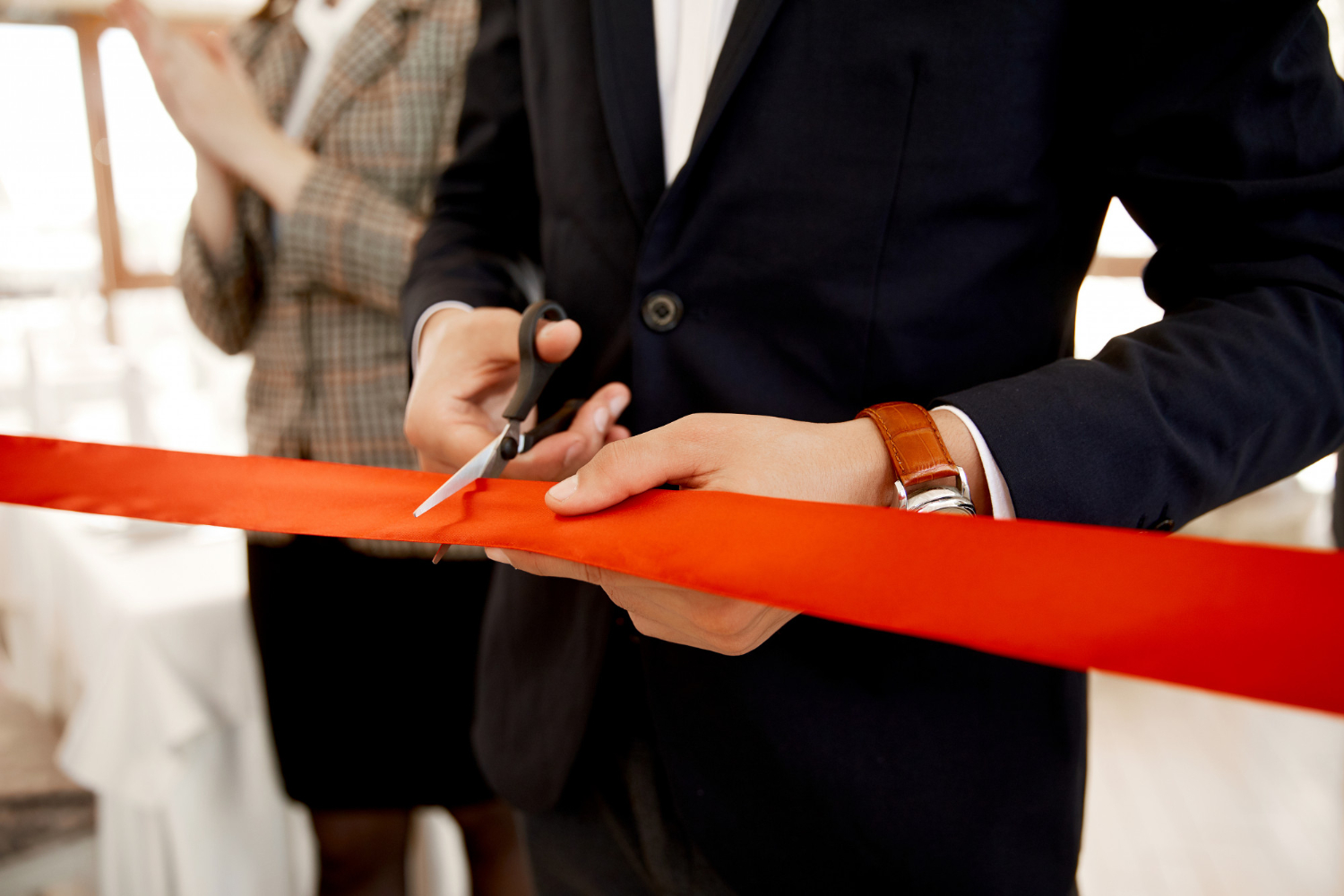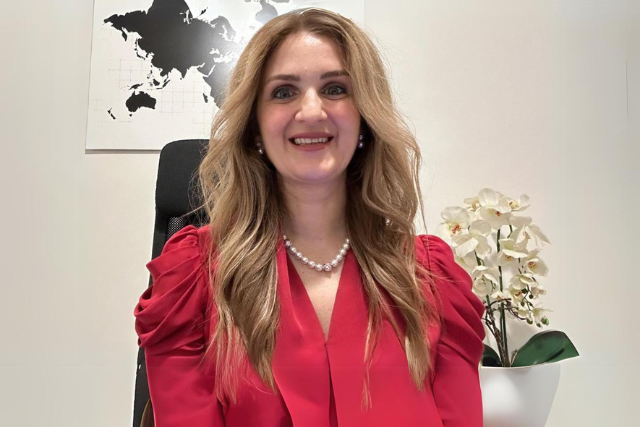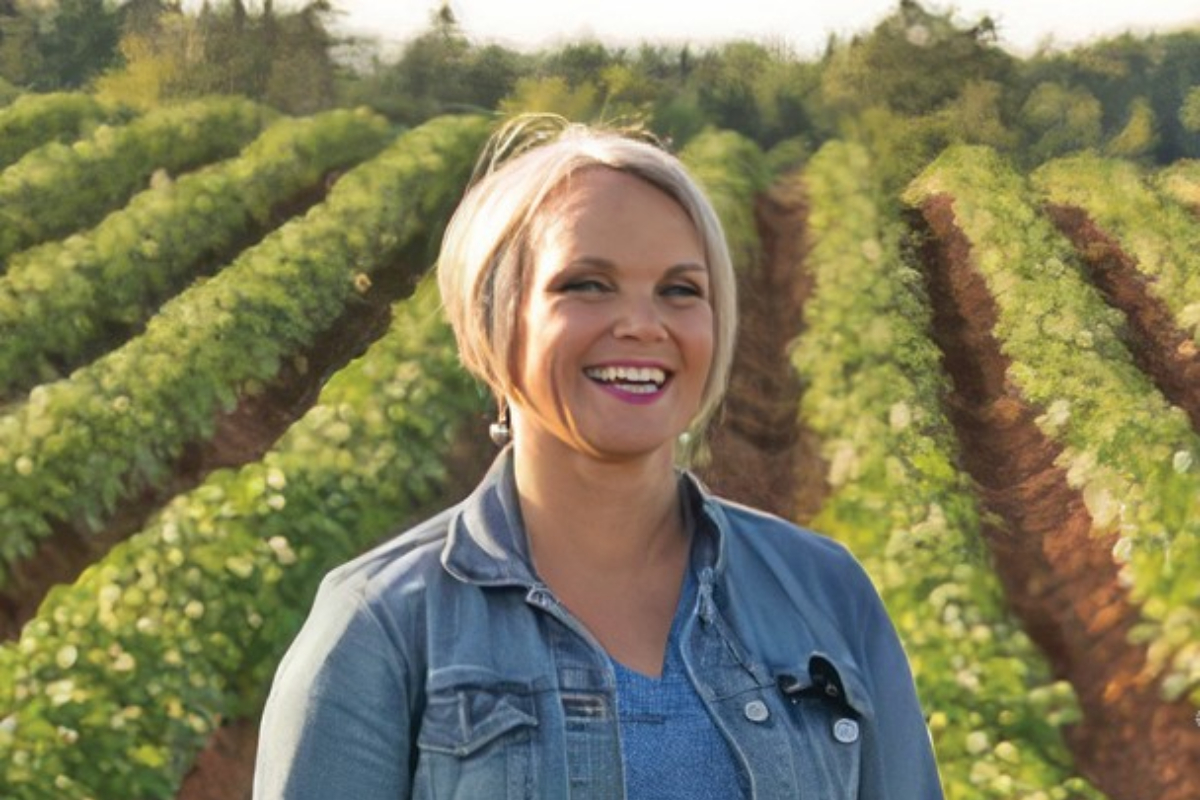Photo courtesy of Jeffery Bodset.
Julie Angus is passionate about many different things, including entrepreneurship, cleantech, and the presence of more women in STEM. She’s also vocal about having more diversity and inclusion in the workplace. She believes these are all key elements, not only in creating great companies, but in helping overcome challenges that humanity faces in the world today.
Julie graciously took the time out of her busy day to talk with The Edge about her experiences and how this not only shaped her business, but also herself.
What was the inspiration for founding Open Ocean Robotics?
The idea behind Open Ocean Robotics really started quite some time ago. I spent a lot of time on the ocean exploring in small boats. I’ve done a number of expeditions, and one of the most challenging of these was rowing across the Atlantic Ocean. On that journey, I spent five months with my co-founder, Colin, rowing from Portugal to Costa Rica.
One of the many things that I learned through that journey is just how remote and unseen much of the ocean is. The statistics are that 80 per cent of our oceans are unobserved, unmapped, and unexplored. This causes all kinds of challenges for the industries that are operating on the ocean, whether it’s shipping, offshore wind, or fisheries (including preventing illegal fishing), which is a huge issue.
We also saw other things, such as the impact of ocean currents, weather patterns, and wildlife, so we started to think about the idea of boats slowly moving around and collecting data. Of course, that’s not feasible with rowboats, but would be with robot boats. We had a previous company that was designing offshore rowboats and had started to get into autonomous boats as a side project. We recognized that the boats we were developing had some advantages compared to what was on the market. We formed a company, and here we are three years later, with a great team achieving some of the goals we imagined.
Providing solutions such as measuring the impacts of climate change, detecting and cleaning oil spills, safeguarding the Arctic, and patrolling against illegal fishing are all massive undertakings. Tell us about the work that has gone into the creation of solar-powered autonomous boats worldwide.
Our boats are heavily ruggedized as they’re made for offshore use. They can go through significant weather [changes], and they’re self-righting, so if they capsize, they’ll right themselves. They’re covered with solar panels, so they don’t need any fuel, and this also powers the sensors. There’s a lot of software development that goes into controlling the vessels that makes it possible to avoid obstacles, collect data, and communicate to the cloud platform. In terms of building the company to achieve those technology and business goals, it really takes quite a broad skill set. It’s not just mechanical engineering, but it’s software development. It’s electrical engineering. It’s understanding oceanographic sciences and being able to raise money and sell to customers.
We started to build our team slowly — our first hires were actually two co-op students from the University of Victoria. It was then a matter of continuing to build while getting money into the company to make that happen. We looked largely to non-dilutive sources of funding at the beginning, such as winning awards, obtaining different kinds of grants, as well as investment rounds.
Over the years, you’ve had many adventures around the globe, including lengthy travels by rowboat. What did you learn from these experiences, and how did they shape you?
One of the things that I learned is that things never go the way you anticipate, such as rowing across an ocean and ending up getting hit by two hurricanes, both of them complete anomalies. Obviously, you try to prepare, but you have to deal with the unexpected, adjust your plan, and understand that it really is about the journey, and not about the destination.
It’s similar to building a company as well — we have our forecasts, we have our plan, but the reality looks much different than what was envisioned at the beginning. I think having that flexibility and being able to adapt to situations and respond to new information is very important.
What are the biggest personal challenges you have had to overcome to become a leader? Was there any opposition or hurdles you had to face?
I think the challenges we faced when building a company are probably somewhat universal. A major challenge when you’re in the cleantech space, when you’re building both hardware and software, is that these have significant costs associated with them and [require] very specialized talent.
I think another significant challenge is building a team. We really started the first autonomous boat company in Canada, so it’s not as though there’s a lot of other autonomous boat companies I can hire from. In many ways, we’re building that skill set here.
This is also my first time building a high-growth company like this. Therefore, learning from others who have done it — having mentors and making connections — has been really important for me to gain the skills and knowledge to become a leader.
In addition to your CEO and co-founder roles, you are also a mother, motivational speaker, and author. How do you maintain your energy and drive?
I’ve always liked being involved in a lot of different things, and I like staying curious. The good thing about being involved in a variety of things is that I’m always pushing my boundaries. I’m always learning and meeting incredible people. For me, balance is important.
I have to look after myself, so I’m an avid runner. Every morning, I get up at 4:30, work for an hour, have my coffee, and then go for a 10k run. It’s just my meditative personal time. No matter how hard and challenging my day was, I always know I have that to relax and reset myself.
Stephanie Hawkins | Contributing Writer

